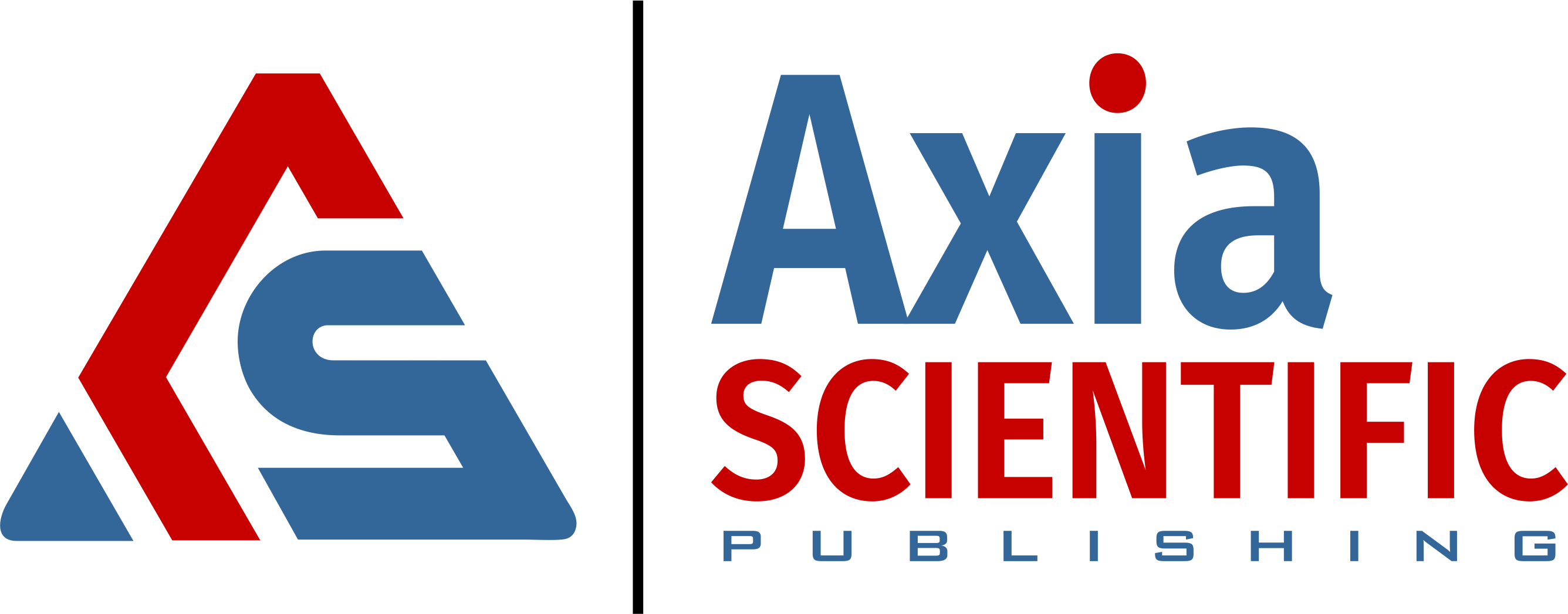About
Supporting researchers to open up every output from their research, including publications and preprints, data, code, protocols, methods, and peer review.
By enabling researchers to share their research openly, together we can increase its use and re-use, speed up scientific advances, deliver efficiencies for research, foster collaboration between disciplines, enable easier translation into economic and societal impact, and improve trust in science. That’s why we support open science across all academic disciplines. By enabling open science practices, and collaborating with partners across the scholarly ecosystem, faster and more effective research systems can be created that operate sustainably and at scale and build an equitable research landscape.
